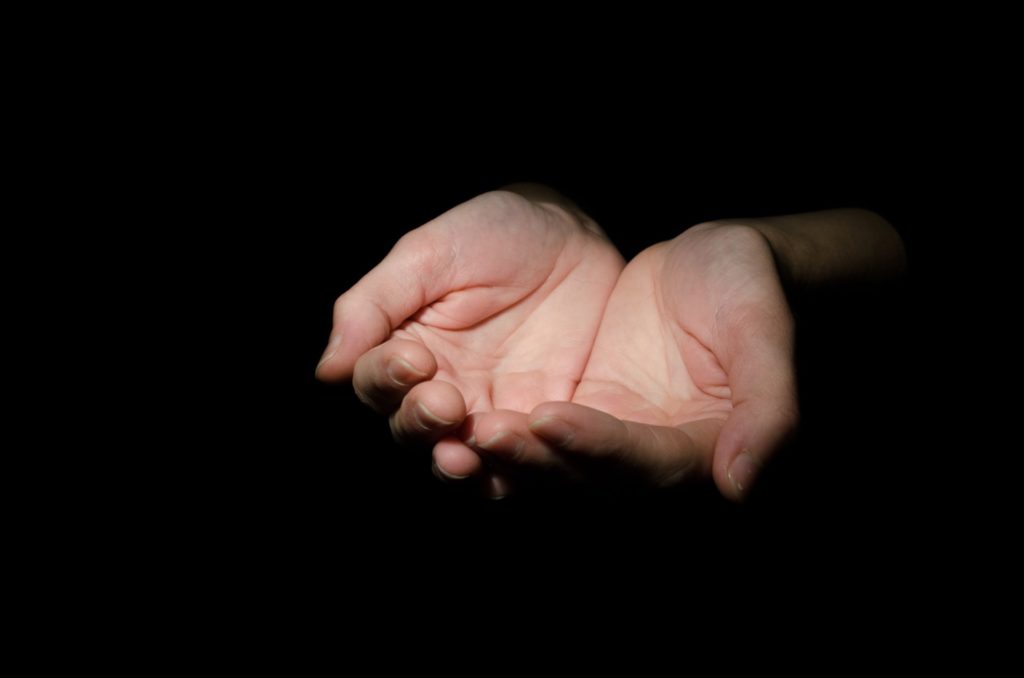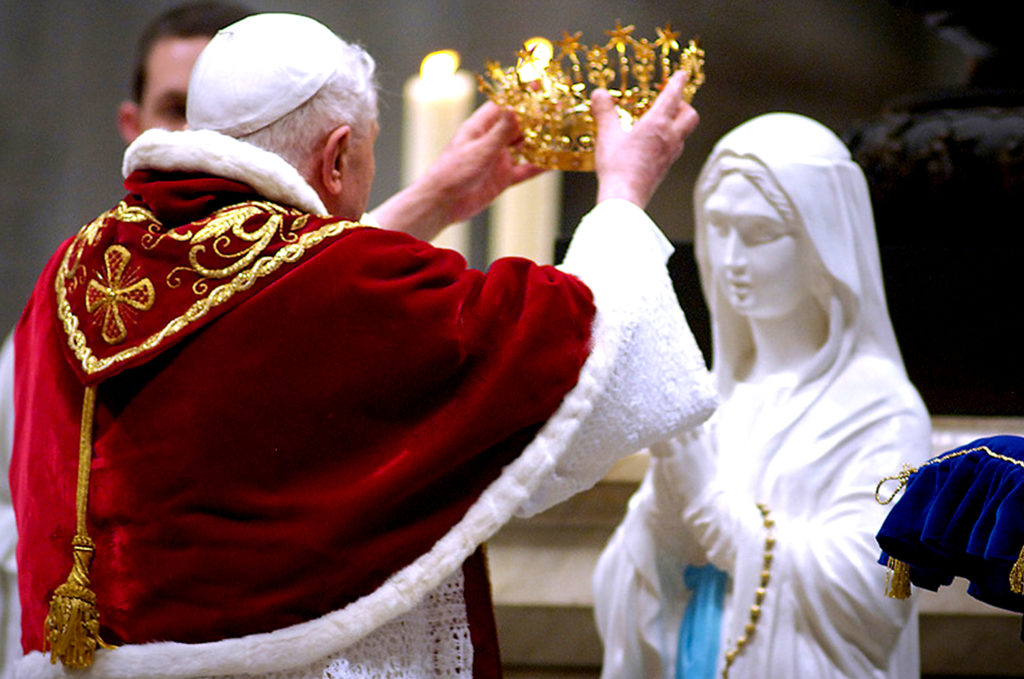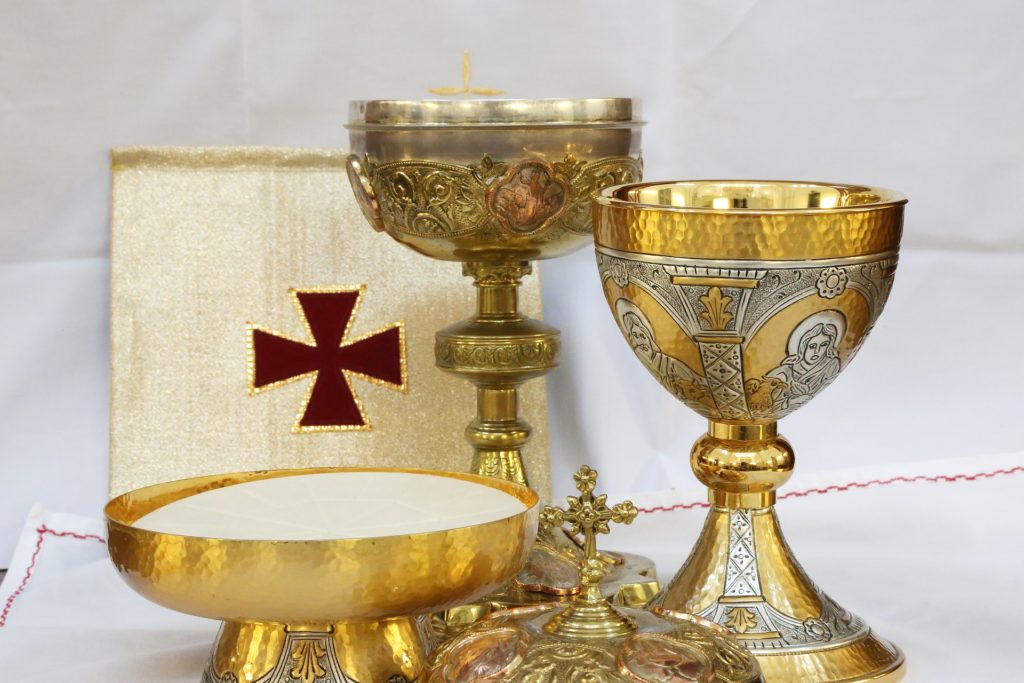What Rosary Prayer Teaches us About Initiative
This Sunday’s Gospel (10/30/16) comes from Luke: At that time, Jesus came to Jericho and intended to pass through the town. Now a man there named Zacchaeus, who was a chief tax collector and also a wealthy man, was seeking to see who Jesus was; but he could not see him because of the crowd, […]
What Rosary Prayer Teaches us About Initiative Read More »










